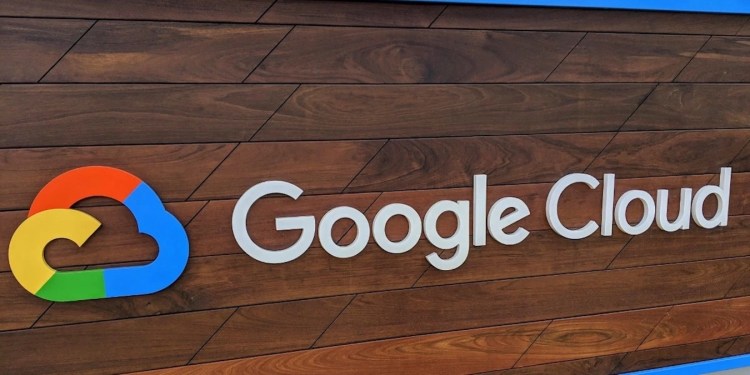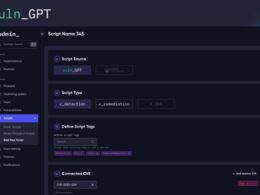With the proliferation of generative Artificial Intelligence (AI) technology, concerns regarding intellectual property (IP) infringement have arisen. This is due to the fact that generative AI relies on vast amounts of previously-published material. While many enterprises are eager to explore and integrate this technology into their products, the fear of potential copyright claims often leads to hesitancy.
Recognizing this issue, Google Cloud has stepped forward to address concerns and provide reassurance to its users. The company has pledged to indemnify users against infringement claims, emphasizing its shared responsibility and fate with its customers. Google Cloud’s Vice President of Legal, Neal Suggs, and CISO, Phil Venables, stated, “If you are challenged on copyright grounds, we will assume responsibility for the potential legal risks involved.”
Protecting Users from IP and Copyright Issues
As more companies incorporate generative AI, which relies on large language models (LLMs) trained on data from the internet, published works, images, and proprietary content, IP and copyright issues persist. Notable authors, including John Grisham, Jodi Picoult, and Sarah Silverman, have already filed lawsuits against companies such as OpenAI and Meta, alleging infringement of their intellectual property.
In response to these concerns, several major companies, including Microsoft, Adobe, and Canva, have made similar pledges to protect users against unintentional infringement claims. Google Cloud’s commitment to indemnify users underscores its dedication to supporting innovation and ensuring their products are safe to use.
A Comprehensive Approach to Indemnity
To deliver on its promise, Google Cloud has adopted a “two-pronged, industry-first approach.” The first prong involves data training indemnity, which covers allegations that Google’s use of data for training its LLMs and generative AI models infringes on third-party IP. The second prong concerns indemnity against allegations that the generated output infringes on third-party IP.
Generated output refers to content created by customers in response to prompts or other inputs to Google services. The company’s commitment extends to various products, including Duet AI in Google Workspace, such as generated text in Google Docs and Gmail, as well as generated images in Google Slides and Google Meet. It also covers a range of products in the Vertex AI portfolio.
Responsible AI Practices
While Google Cloud provides these indemnities, it emphasizes the importance of responsible AI practices by its customers. The company iterates that the indemnities are void if companies intentionally create or use generated output to infringe on intellectual property. By following responsible AI practices, customers automatically receive the benefits of Google Cloud’s indemnity without the need to amend their existing agreement.
Looking Ahead
Google Cloud sees this commitment as just the beginning and reaffirms its dedication to supporting customers in the safe and secure use of its products as generative AI continues to evolve rapidly. The company aims to provide assurance to businesses that they can leverage the full potential of generative AI while safeguarding intellectual property rights.










